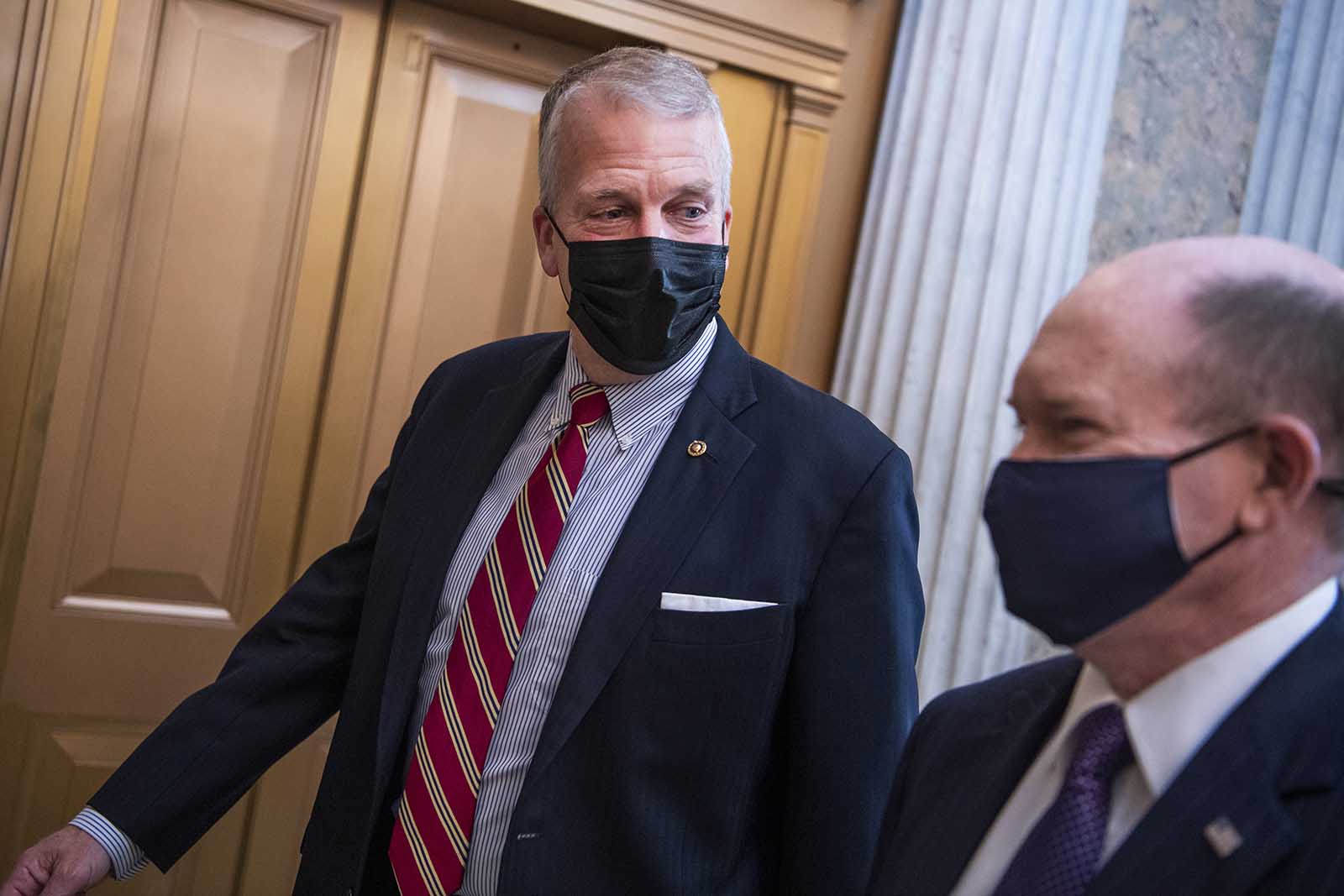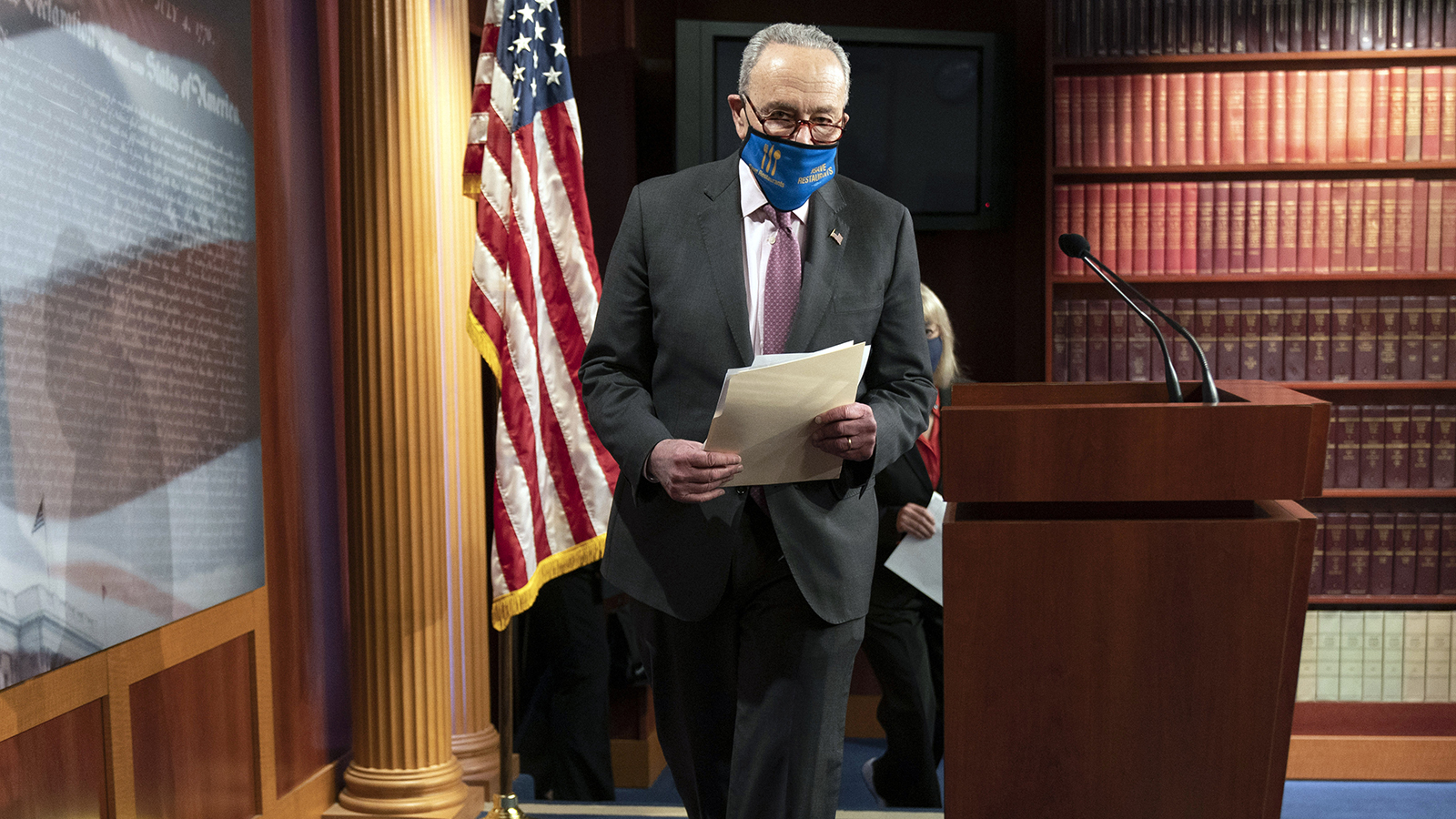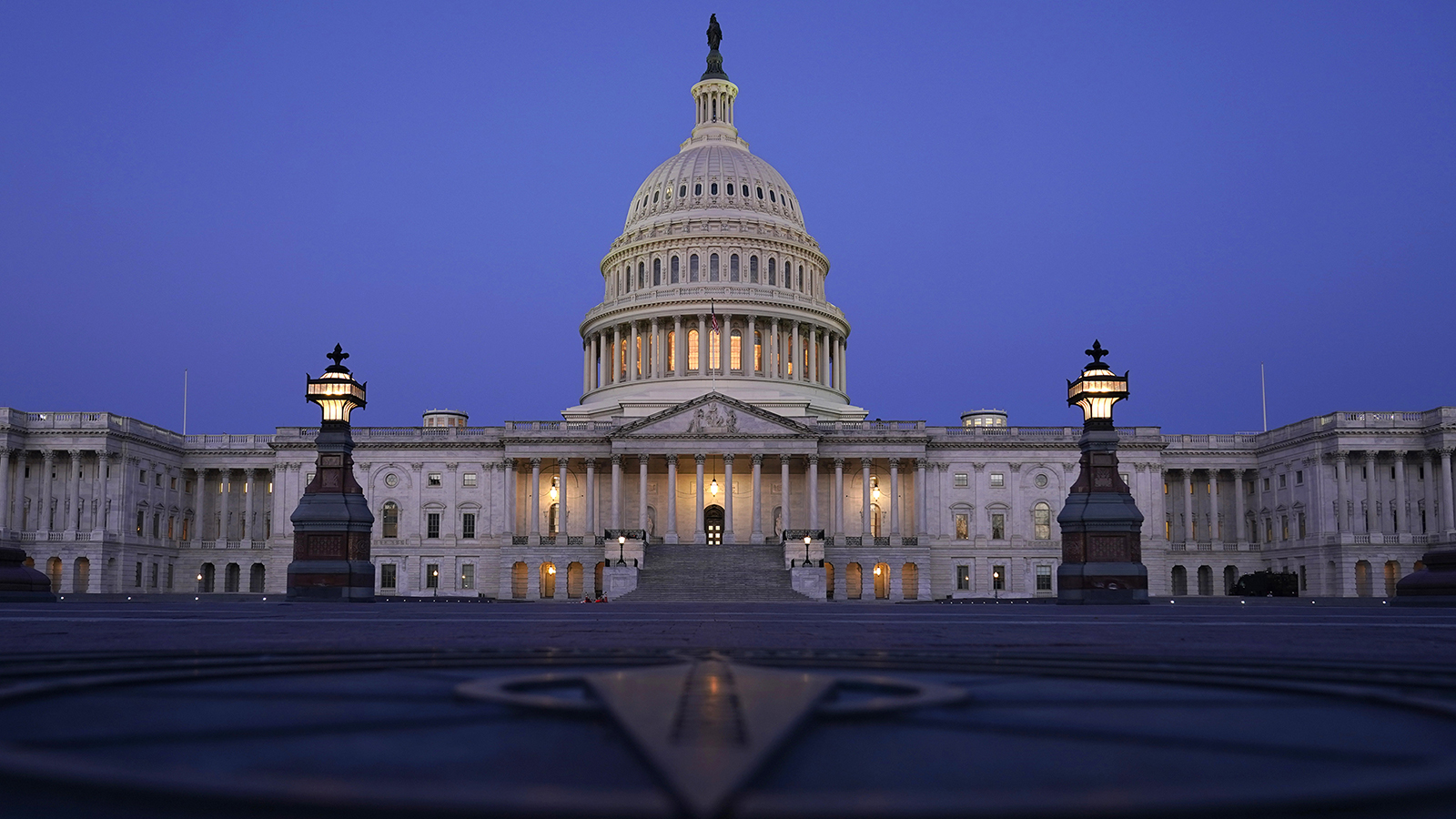
Millions of Americans will start running out of pandemic unemployment benefits on March 14, putting increased pressure on the Senate to quickly pass its version of President Biden's $1.9 trillion coronavirus relief package to extend those programs.
The jobless payments are among the first federal lifelines from December's $900 billion stimulus package set to expire, with additional provisions for expanded paid sick and family leave, small businesses, food stamps, housing protections and other relief lapsing in the following weeks and months.
Out-of-work Americans will get their last $300 federal weekly boost to jobless payments on March 14. And those in two key pandemic unemployment assistance will start running out of benefits at that time.
Some 4 million people in the Pandemic Unemployment Assistance and the Pandemic Emergency Unemployment Compensation programs will see their benefits expire in mid-March, while the payments of another 7.3 million folks will lapse over the following four weeks, according to a recent report from The Century Foundation.
The two temporary federal programs were created in Congress' $2 trillion relief package last March and were extended by 11 weeks in the $900 billion relief deal passed in December.
The former provides benefits to freelancers, gig workers, independent contractors and certain people affected by the pandemic, while the latter lengthens the duration of payments for those in the traditional state unemployment system.
Read more here.



